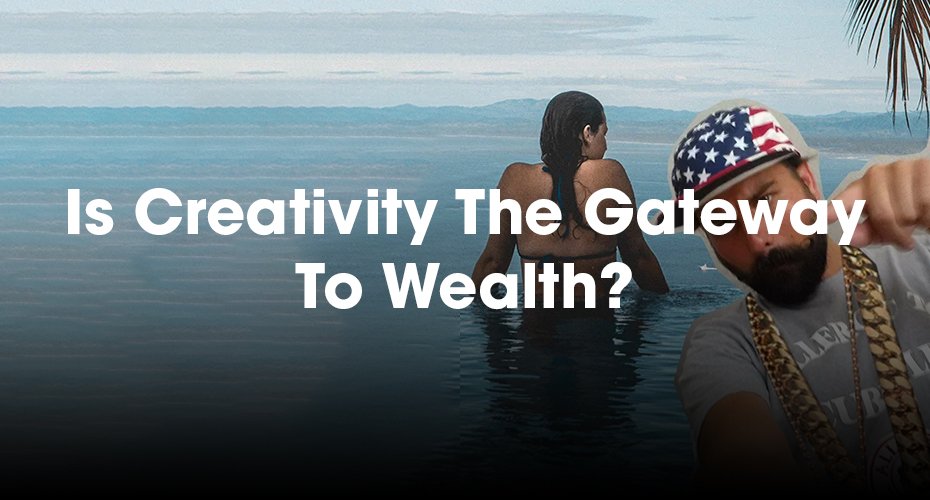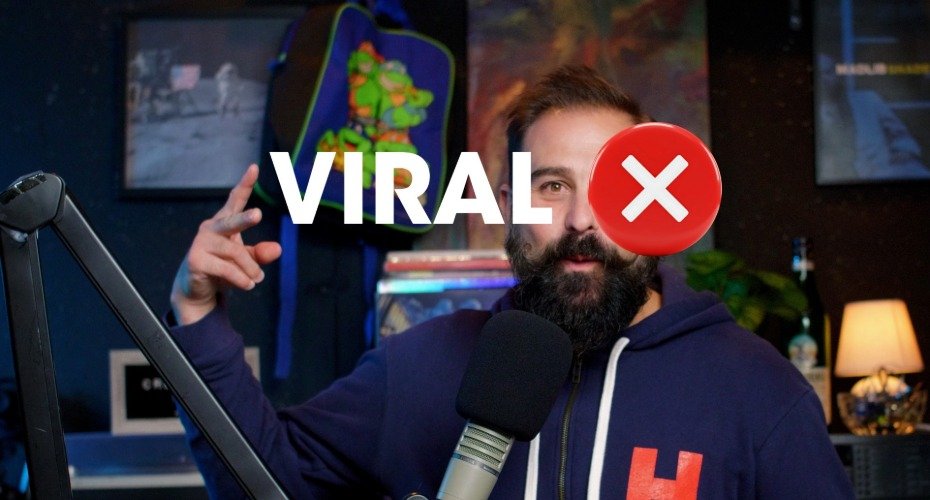
Is creativity the gateway to wealth?
Creativity is often viewed as an essential element in the pursuit of wealth. Many successful people, ranging from inventors and entrepreneurs to artists and writers, attribute their success to their creative abilities. However, is creativity really the key to wealth?
Certainly, creativity can lead to new ideas and innovations that can be monetized. Entrepreneurs who can identify gaps in the market and develop creative solutions can create successful businesses. Similarly, artists and writers who create unique and compelling work can attract a following and earn money from their art.
There is plenty of evidence to suggest that creativity is indeed fueling the worldwide economy
– Lawrence R. Samuel, Ph.D
Nonetheless, it is vital to acknowledge that creativity alone is not enough to guarantee wealth. To monetize their creative work, individuals also need to have strong business acumen and marketing skills. Without these skills, it can be challenging to turn creative ideas into profitable ventures.
The Paradox Of Creativity and Wealth
The paradox of being a super creative person is that one must understand that most ideas will fail. This is because to create genuinely unique propositions, the individual has to experiment, which results in many failed ideas. The success of doing this is that one might create a game-changing idea that can result in wealth. Many people struggle with failure, often requiring someone with either very high esteem or lack of ego to create without fear of judgment.
It is easy to look at those who made it big and make assumptions about what they did right, but that is not typically how they did it. Creativity is not limited to making things; it can be in how one does things.
Here are some actionable events to switch up the creative process:
- Create a unique value proposition. Finding an idea’s value might provide insights into who can benefit from it. Additionally, it might prove the idea not beneficial, causing one to pivot into another objective.
- Always experiment. Never get so focused on something that you stop listening to the world’s opinion of it.
- Design the end in mind. Find the situation that is winning for everyone and design backward from that.
- Use creative tools to unblock the mind. Document, draw, write, and brainstorm. We have an unlimited amount of digital tools to draw inspiration from.
- Find one’s tribe and protect it at all costs. Don’t worry about how many followers or likes one has. Worry about the people who believe in one’s ideas and products.
- Don’t be afraid to fail, often. One might want to be conservative with how they make a living, but with creativity, one can experiment away.
- Copyright one’s ideas. Not sure a tweet constitutes a copyright, but it proves the date of the idea.
Contributing Factors Of Wealth and Creativity
Additionally, there are many other factors that contribute to wealth beyond just creativity and business skills. Factors such as access to capital, market demand, and economic conditions can all impact an individual’s ability to create wealth.
So why share one’s ideas even when failure is certain? Well, one reason is that one wants to be wealthy, but another reason is that failure is just as much a part of life as success! I do not know anyone who became wealthy and successful on the first try (not saying it hasn’t happened). So if one is going to fail anyway, then why not fail big! There are some great examples of this, such as Thomas Edison, who failed 10,000 times before he found a working light bulb (yes, really!). The difference between him and all those other people who failed was that he did not give up; he simply kept trying until he had succeeded.
Furthermore, creativity can be a double-edged sword. While it can lead to new and innovative ideas, it can also be a hindrance if individuals become too focused on their creative vision and lose sight of market demand. In other words, creativity needs to be balanced with practicality and a deep understanding of the market to be successful.
More About Creativity: FAKE CHEESE: EXAMINING SAFETY, CREATIVITY, AND INNOVATION IN THE FOOD INDUSTRY








